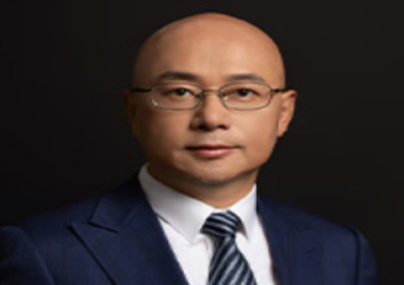Sheikh Muddassir Siddiqui, a prominent Islamic scholar and partner at international law firm SNR Denton’s Dubai office, resigned from the firm earlier this month to pursue a career in sharia advisory, as the aftermath of the Arab Spring leads to more emphasis on sharia law in the region.
Siddiqui, whose curriculum vitae boasts of a Harvard education and intense qualifications as a scholar of Islamic law, said the decision to step away from his position as head of Islamic finance at SNR Denton was motivated by the rapidly changing legislative environment in the Middle East and North Africa.
“For someone with my background, this is the right time to focus on sharia advisory,” he said in an interview with The Brief. “Islamic finance is growing at a fast speed. New areas and jurisdictions are opening up (in countries) such as Oman, Egypt and Libya. I am uniquely blessed and qualified to have seen the Islamic finance industry from all angles.”
Oman was the last Gulf Arab state to allow banks to offer products and services complying with Islamic law. The central bank changed its stand in May 2011 in an effort to keep investment funds in the country, and grab a share of the roughly $1 trillion Islamic finance industry.
Libya, Egypt and Tunisia have also seen a revival of Islamic sentiment following the Arab Spring. All three nations have opened their doors to Islamic finance, and are expected to help boost sharia-compliant assets to $1.1 trillion this year, according to a report by Ernst & Young. The consultancy also expects Islamic banking in the Middle East and North Africa to expand over the next five years at a compound annual rate of 20 percent, compared to less than 9 percent for conventional banks.
As a partner at an international law firm, Siddiqui said he was limited in his ability to provide advice on sharia matters, and that he could not sit on the sharia boards of Islamic institutions due to issues over conflict of interest. Sharia boards play a major role in approving the direction of an institution’s business by issuing fatwas that approve a transaction as sharia-compliant. Islamic investors will not buy instruments unless they receive a stamp of approval from a sharia scholar.
There are over 400 sharia scholars worldwide. But there are only around 15 to 20 prominent and experienced ones, and this creates demand for these scholars to sit on multiple boards. The top 20 scholars hold 14 to 85 positions each, occupying a total of around 620 board positions or 55 percent of the industry, data compiled by investment research firm Funds@Work show.
Siddiqui, who is a member of the sharia standards committee of the Accounting and Auditing Organisation for Islamic Financial Institutions (AAOIFI), a Bahrain-based body that sets standards for the industry, said he wants to expand his advisory services beyond finance and into matters of contract law and insolvency law.
“It is a matter that is close to my heart,” he said. “There is a shortage of scholars who understand both the legal system and sharia requirements. I want to be a bridge builder being a student of law, as well as sharia.”
A spokesman for SNR Denton said that the firm will continue to maintain a relationship with Siddiqui as a consultant advising on Islamic finance matters. “Islamic finance is an important area of continuing growth for the firm, and we are always open to leaders in this field joining the firm to service our strong portfolio of financial institutions and funds clients,” the spokesman said in a statement.
The firm’s global Islamic finance team will be led by partners Paul Jarvis and Martin Brown in the Middle East and Richard de Belder, Paul Holland and Matthew Sapte in London. Prior to joining the firm in 2008, Siddiqui was the senior lawyer and internal sharia supervisor at the Jedda-based Islamic Development Bank. ALB
Shaheen Pasha is Middle East Regional Editor at ALB. Follow her on Twitter: @ALB_TheBrief.
Other related stories:


